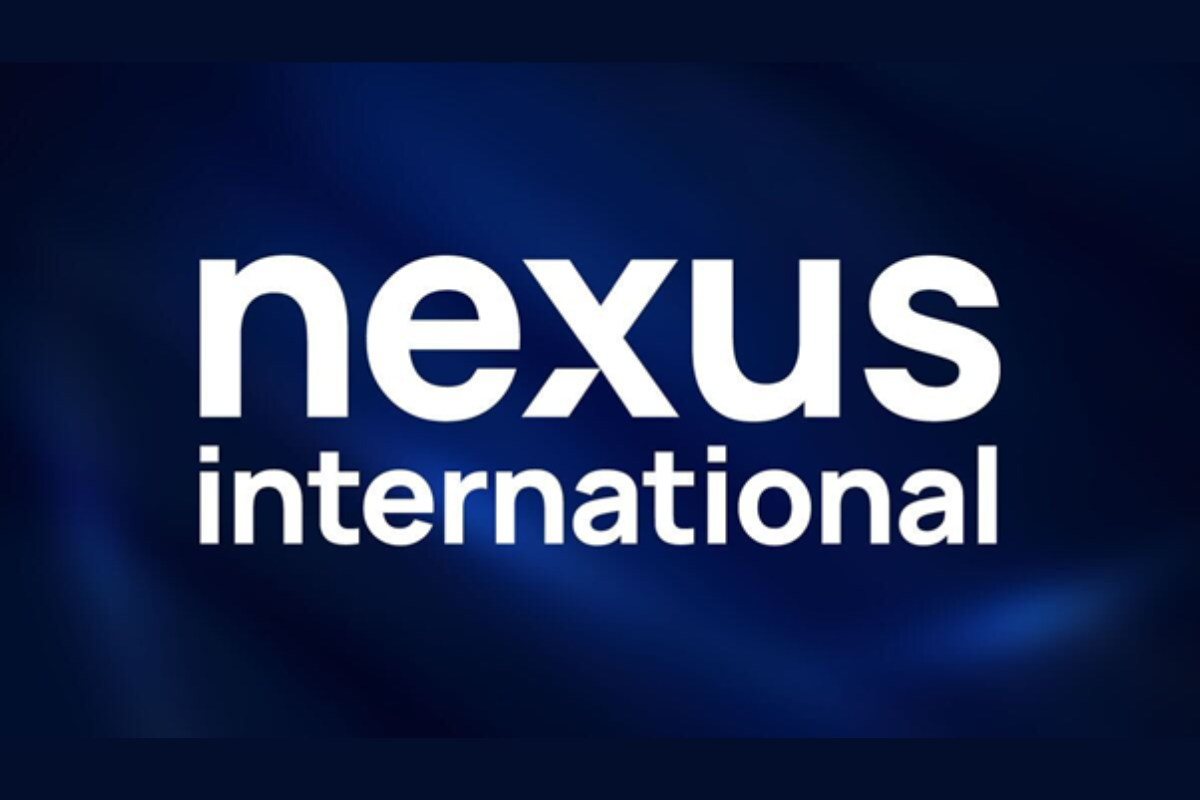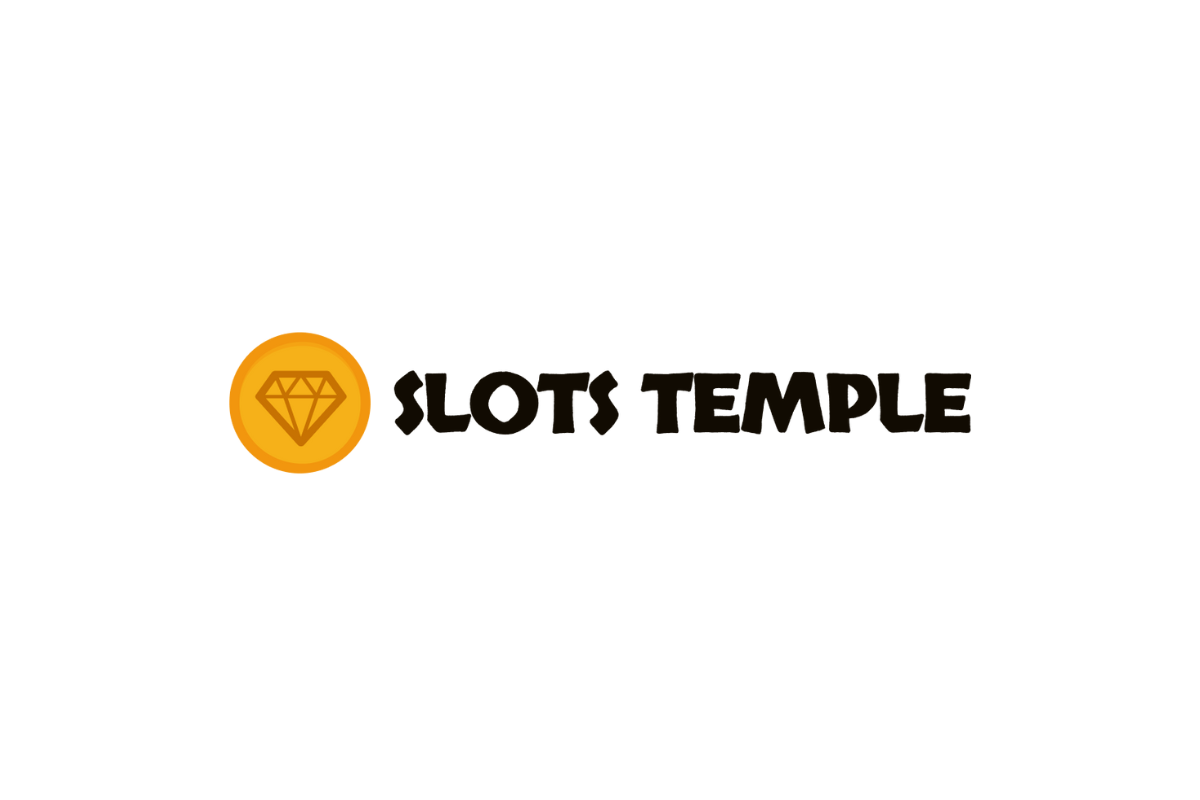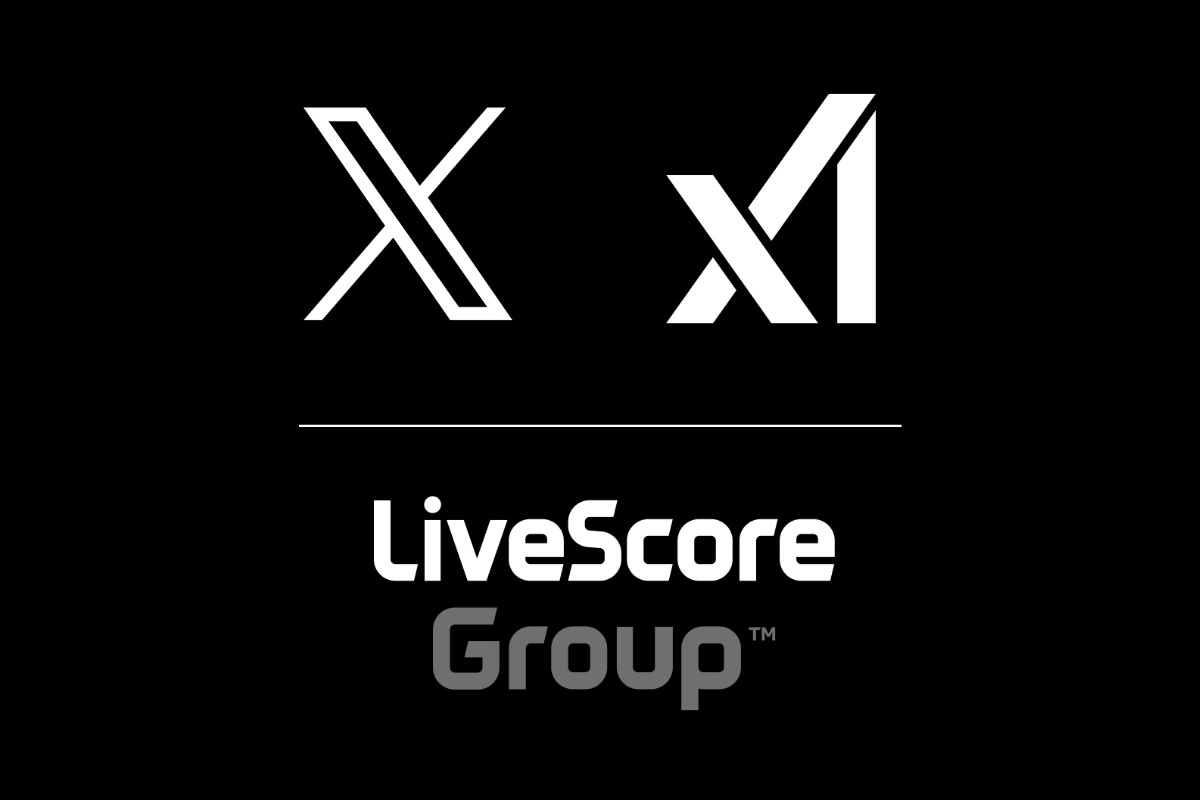Latest News
Nexus International Leverages Brazil’s Projected $10B Market to Enter Top 100 by Revenue

When Nexus International reported $546 million in revenue for the first half of 2025, it marked a milestone for the privately held operator. The figure, already above its 2024 full-year total, put Nexus in the global top 100 gaming companies by revenue. Much of that performance was driven by Brazil, where the group’s Megaposta platform secured early licensing under the country’s new iGaming framework.
Brazil’s emergence as a regulated online gambling market has transformed it into one of the most important jurisdictions in global betting. Analysts project the sector will reach $10 billion in gross gaming revenue (GGR) by 2029, supported by high smartphone penetration, instant payment systems such as Pix, and a cultural affinity for sports wagering. Nexus moved early, opening a regional hub in São Paulo to anchor its operations.
Brazil represents the largest single opportunity in Latin America for online gambling operators. With a population of more than 218 million and internet penetration above 85%, the market offers both scale and digital readiness. The government’s licensing regime, which came into effect in January 2025, has introduced clear rules on compliance, KYC, and taxation.
For Nexus, Megaposta’s early licensing allowed it to avoid some of the bottlenecks experienced by larger competitors. Flutter Entertainment, for example, reported regulatory frictions during Q1 2025 as its Betfair unit adapted to new identity verification rules. Entain, by contrast, posted a 31% increase in Brazilian revenue in the same period, underlining the variability in operator readiness.
By securing a first-mover position, Nexus gained traction with high-value users at a time when the market was still consolidating. Average revenue per user (ARPU) in Brazil is forecast to exceed $1,500 by 2028, making it one of the most lucrative customer bases globally.
Yet the same market that has powered Nexus’s ascent also poses a concentration risk. The company’s São Paulo hub underscores a long-term commitment, but it raises the question of whether heavy reliance on a single jurisdiction is sustainable. Brazil’s regulatory framework is still new, and potential changes, such as adjustments to tax rates or advertising restrictions, could significantly affect operators’ margins.
Other companies have sought to mitigate this risk through diversification. Betsson, for instance, continues to grow across Latin America, with revenues spread across Chile, Colombia, and Peru as well as Brazil. Flutter and Entain have global portfolios that balance exposure across multiple continents.
Nexus’s expansion beyond Brazil is still developing. Spartans.com, with a focus on crypto-first users, has gained traction in multi-currency markets, while Lanistar has begun to establish itself in Europe and Latin America. However, neither matches the scale of Megaposta in Brazil.
Part of Nexus’s reliance on Brazil reflects the leadership style of founder and CEO Gurhan Kiziloz. Operating without external investors or a formal board, Kiziloz directs strategic decisions personally, emphasizing speed and responsiveness over consensus. That model has enabled the company to seize licensing opportunities quickly, but it also concentrates both execution risk and strategic direction in a single figure.
Analysts note that while founder-led independence can accelerate growth, it lacks the buffers that institutional capital or broader governance can provide. As the company scales into more regulated markets, balancing speed with compliance will become increasingly important.
The São Paulo hub may also serve as a platform for Nexus’s expansion into neighboring jurisdictions. Countries such as Chile, Colombia, and Peru already operate regulated frameworks, and operators with a base in Brazil are well-positioned to adapt infrastructure across borders. If Nexus can leverage its presence in Brazil to establish regional economies of scale, the concentration risk may lessen over time.
Still, such expansion requires sustained investment. Competitors with deeper capital reserves may have more room to pursue aggressive acquisition strategies, while Nexus’s self-financed model depends on reinvesting operational cash flow.
Nexus International’s half-year results underscore the power of a first-mover advantage in a high-growth market. Brazil has become both the company’s strongest growth engine and its defining test of strategy.
The next phase will determine whether Nexus can convert early momentum into durable regional diversification. For now, the company sits in a rare position: a founder-led, privately financed operator competing in the same revenue tier as publicly listed rivals. Whether that independence proves to be a long-term strength, or a structural limitation, may depend on how it manages its exposure to Brazil in the years ahead.
-

 Asia6 days ago
Asia6 days agoDigital gaming disruption tackled in 1st AsPac Regulators’ Forum
-

 Africa6 days ago
Africa6 days agoBetKing Renews Ikorodu City FC Partnership for 2025/26 NPFL Season
-

 Compliance Updates6 days ago
Compliance Updates6 days agoKongebonus statement: Norway’s election result signals gambling policy continuity, but licensing debate is set to intensify
-

 Balkans6 days ago
Balkans6 days agoBEGE Awards Nominations Now Open – Celebrating 16 Years of Industry Excellence!
-

 Latest News6 days ago
Latest News6 days agoWin a Fruity Fortune in BGaming’s Bonanza Trillion
-

 Latest News6 days ago
Latest News6 days agoSaddle up for big wins under the Bison Moon with the latest slot from Northern Lights Gaming
-

 Latest News6 days ago
Latest News6 days agoAnswer the Call of the Wild: ELA Games Unveils Its Latest Game “Buffalo Force”
-

 Latest News6 days ago
Latest News6 days agoSlots Temple Announces Exclusive Free-to-Play Tournament Partnership with Pragmatic Play

























